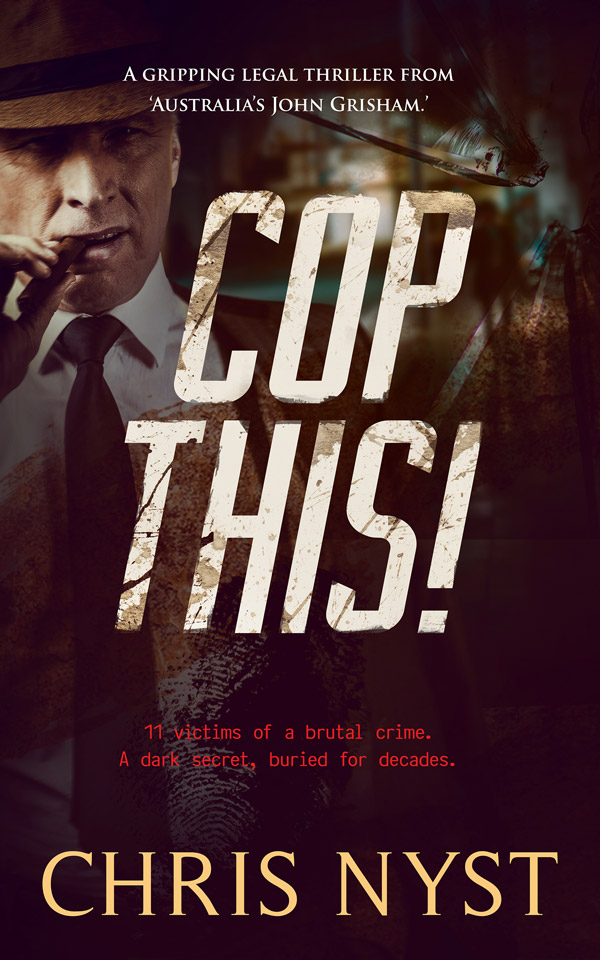A couple of years back, at the International Criminal Law Congress, I delivered a paper on the effect of pre-trial publicity on jury trials. Victorian Supreme Court Justice Betty King, who presided over the trial of Melbourne underworld figure Carl Williams and others charged in the wake of the Melbourne gangland war, was on the same panel of speakers. Justice King famously banned the high-rating Underbelly television series from being aired in the state of Victoria during Williams’ trial because of the prejudicial effect it might have on the deliberations the jury. Naturally, the ban caused quite a stir and upset a lot of people, not least of all the producers at Channel 9. But in the end it probably had significantly less effect than Justice King had hoped it would. Despite the television ban, the first episode of Underbelly was available online, everywhere throughout the world wide web, within 20 minutes of it being aired on television in states outside Victoria.
Picture: Inja Pavlić
Source: Unsplash
As I told the Congress at the time, the Underbelly injunction experience offered a small window into the enormity of the threat posed by the Internet to our criminal justice system. Jurors in a criminal trial are expected to ignore all information coming from outside the courtroom, but they can now access a world of information, however irrelevant, prejudicial or inaccurate, with the simple press of a mobile phone button.
This week I was in court on behalf of a defendant who was charged a couple of years back with a series of offences after four complainants, all known to each other, made unrelated allegations against him. He vehemently denied the charges from the outset, and in each case the evidence against him was fairly weak, but nonetheless he faced four separate trials in the District Court.
At his first trial the jury promptly returned a verdict of ‘not guilty’.
At his second trial, the same thing happened.
At his third trial, the complainant performed so poorly the Crown withdrew the charges.
A judge then threw out one charge as unsustainable. But my client still had to face a fourth trial on two remaining charges.
At that stage someone connected with the complainants apparently decided to skew the odds a little. So they set up a website on the internet, in which the robustly asserted my client’s guilt, seriously defaming him in the process, untruthfully asserting amongst other things he had committed a string of other similar offences. The website specified where and when his trial was to be heard and invited readers to come along, apparently to encourage the jury to convict. The website was set up so that anytime anyone anywhere typed my client’s name into Google, the first thing to come up was the offending website.
Any prospective juror, curious to know more about the defendant, would be led to this slanderous content with the mere press of a button. Of course they shouldn’t, but how confident would you feel, if you were the defendant and your liberty was at stake, that someone on that jury might not just be tempted to take a little peak?
Back when people got their information from newspapers, radio and TV, a trial judge, faced with the risk of such material seriously prejudicing a defendant’s right to a fair trial, would simply order the media to desist and/or lock the jury up so they couldn’t read the newspapers. Perhaps, like Justice Betty King, they might forbid the producer to publish altogether. But how do you protect people from a world-wide web of information, floating around in cyberspace, available on their home computer, telephone or tablet, uncensored and unpoliced by anybody?
The truth is, no one seems to know, least of all the judges.











